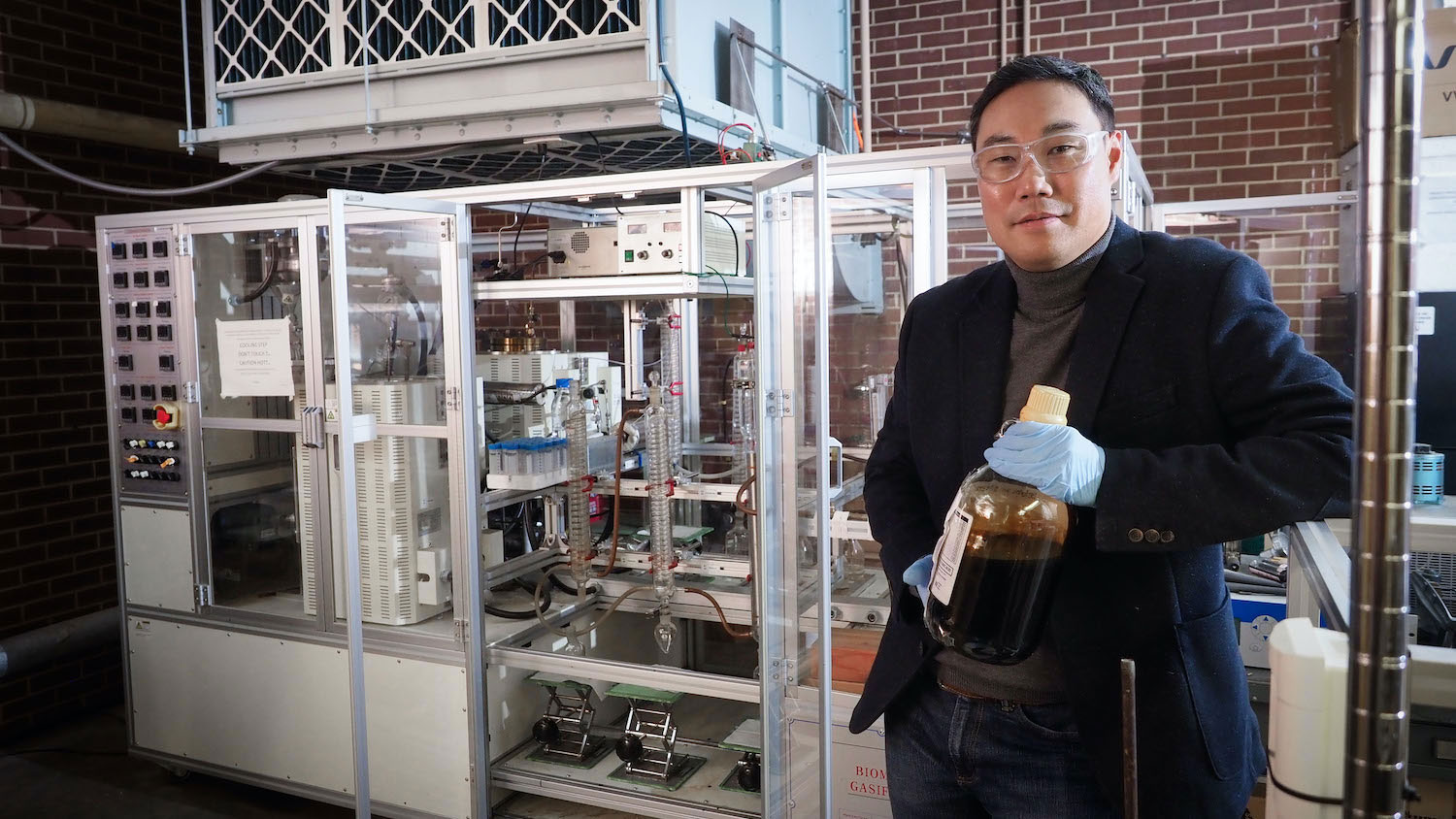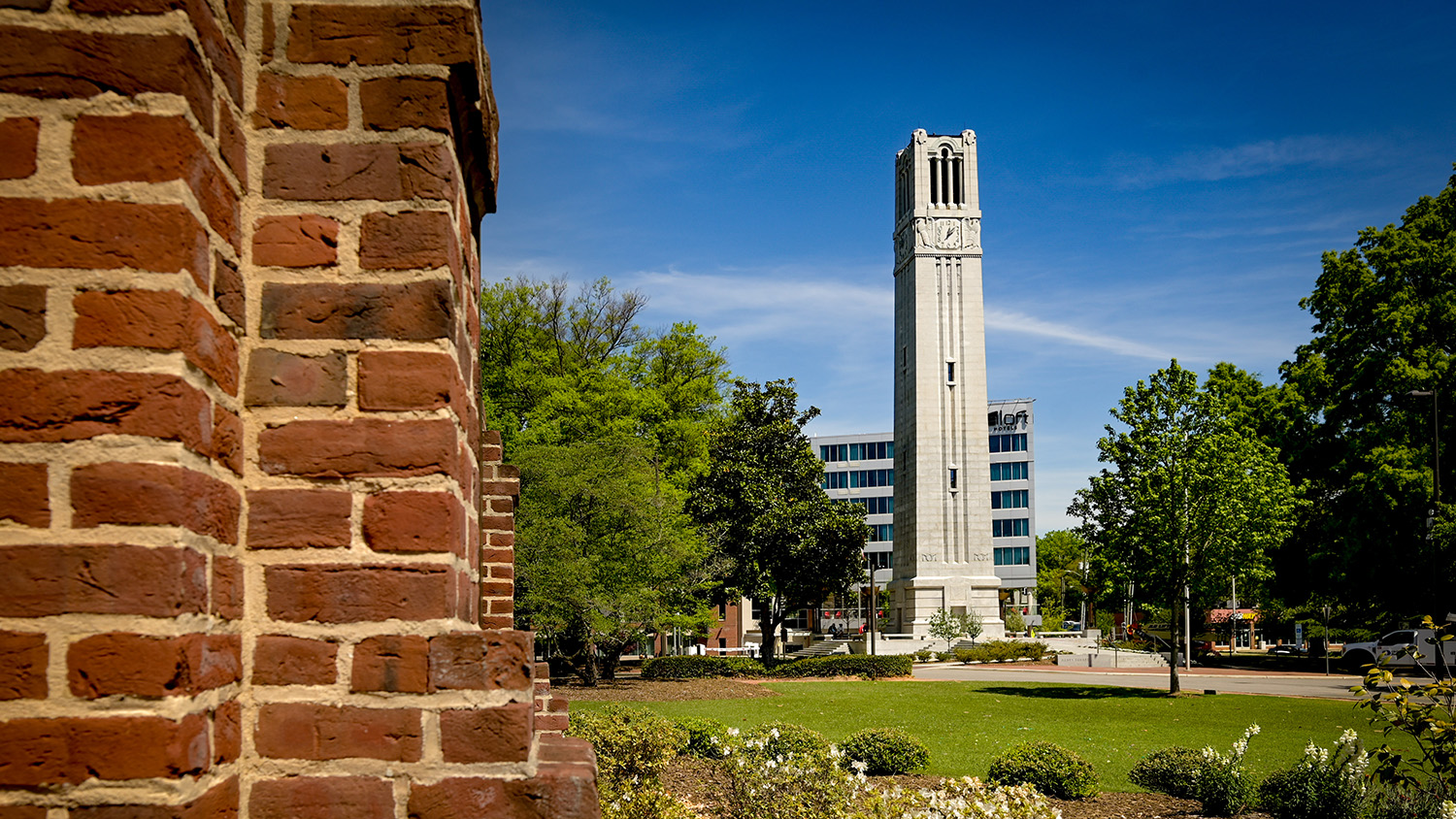Jason Delborne, a professor of science, policy and society in the Department of Forestry and Environmental Resources at NC State, has been named a member of the 2023-24 class of the Science and Technology Policy Fellowships (STPF) program by the American Association for the Advancement of Science (AAAS).
The STPF program was founded in 1973 to support evidence-based policymaking by leveraging the knowledge and analytical mindset of science and engineering experts, and trains leaders for a strong science and technology enterprise in the United States.
STPF fellows are chosen from a select group of scientists to engage in a one-year immersive educational opportunity to gain hands-on experience in the public policy arena while leveraging their expertise to help confront major societal issues in the U.S. government.
Delborne joins 276 STEM professionals selected as part of this year’s class of fellows, along with NC State alumni William Casola ’22, Morgan DiCarlo ’22 and William Murray ’19. He will serve as a staff scientist in the National Nanotechnology Coordination Office (NNCO) under the White House Office of Science and Technology Policy.
The NNCO strives to convene the nanotechnology community across university, private, and public sectors to share information, engage the public, and promote responsible innovation. This assignment builds on Delborne’s career of research and teaching about the social, environmental and political dynamics of emerging technologies.
“I’ve had the privilege of serving on a number of national and international expert panels that contribute to policymaking, but this fellowship offers a different level of engagement,” Delborne said. “I’m thrilled for the challenge of adapting my experience as an academic to the policy environment, and when I return to NC State I hope to increase the policy-relevance of my research program and teaching.”
Delborne and other fellows will learn first-hand about federal policymaking and implementation. They will also gain invaluable skills in communication, diplomacy, collaboration and consensus-building. After the fellowship, many remain in the policy arena working at the federal, state, regional or international level, while others pursue careers in academia, industry or the nonprofit sector.
- Categories:



